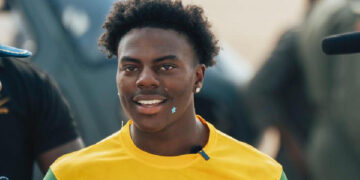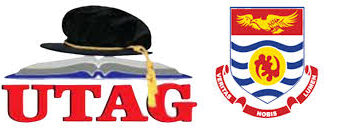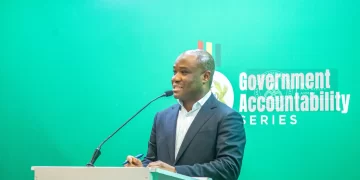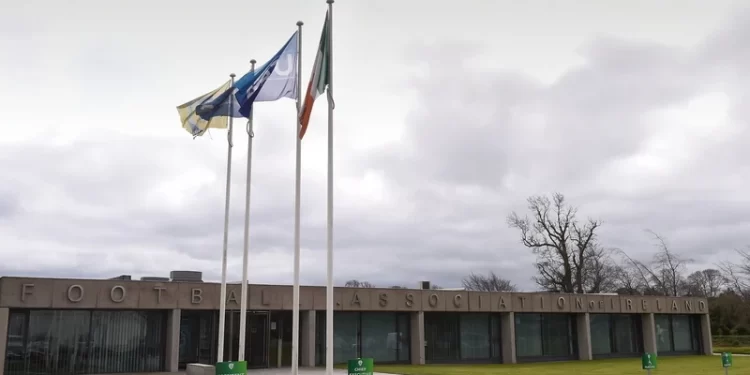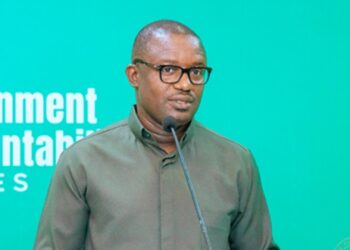FAI Begins Major Restructure
“Redundancy scheme announced as FAI prepares job cuts” has sparked a wave of concern across Irish football. The Football Association of Ireland (FAI) confirmed it will begin a voluntary redundancy programme as part of a wider restructuring plan. This move, they say, marks the beginning of “a significant transformation programme to modernise how football is developed and delivered in Ireland.”
ICYMI: Athlone backed by Rachel Graham to beat another European side
Voluntary Redundancies First
The association explained that the restructuring process will start with voluntary redundancies in the coming days. Once that stage is complete, they will evaluate the progress and consider redeployment of staff. Only after this will the FAI confirm if compulsory redundancies are needed, though no exact numbers or details of the exit package have been shared. Currently, the FAI employs around 251 staff members.
Driving Change and Sustainability
According to the FAI, the decision is aimed at supporting long-term strategic objectives, accelerating culture change within the organisation, and introducing specialist skills. They also stressed the importance of improving financial sustainability following years of financial strain. The organisation was €70 million in debt before a government-led bailout in 2020 and still faces tight restrictions.
Research and External Guidance
The FAI noted that its transformation plan is shaped by UEFA benchmarking and advice from external consultancy firms. They admitted that the current structure lacks the necessary framework and expertise to deliver critical initiatives like the FAI Football Pathways Plan. Without restructuring, the association warned it would struggle to meet the evolving demands of Irish football both locally and internationally.
Serving Irish Football’s Future
In their statement, the FAI emphasised the importance of ensuring all clubs, counties, and communities benefit from this transformation. They highlighted the need to create a strong footballing culture that supports participation at every level and strengthens Ireland’s competitiveness on the world stage. Meetings have been held with SIPTU officials, the union representing part of the staff, and the leadership team has promised to keep employees informed throughout the process.
Context and Challenges Ahead
Ireland’s men’s national team is currently ranked 60th in the world and has not qualified for a World Cup since 2002. The women’s senior side, however, made history by reaching their first World Cup in 2023. Despite these achievements, the FAI admits that job cuts are unavoidable if they are to deliver on their vision for the future of Irish football.






